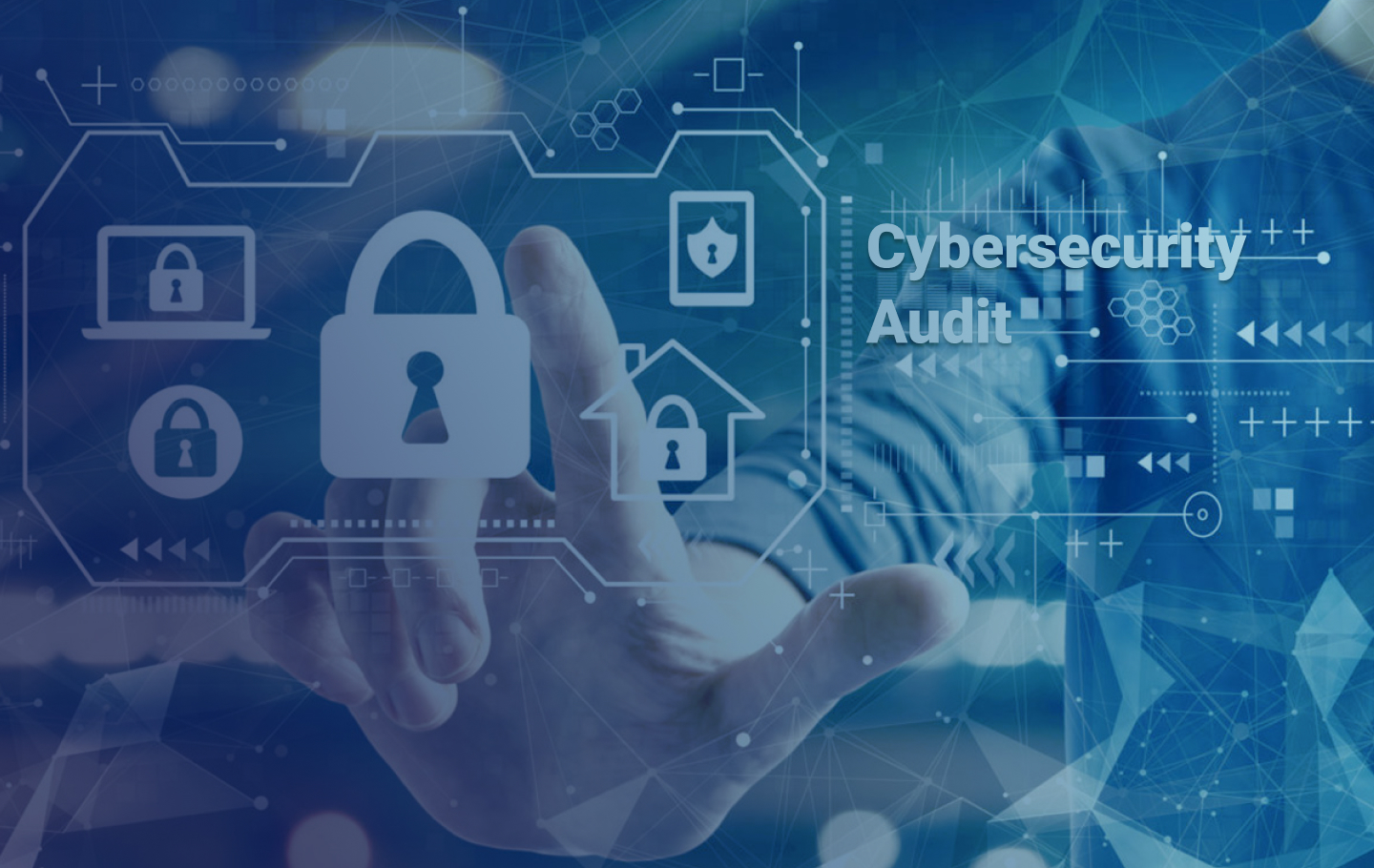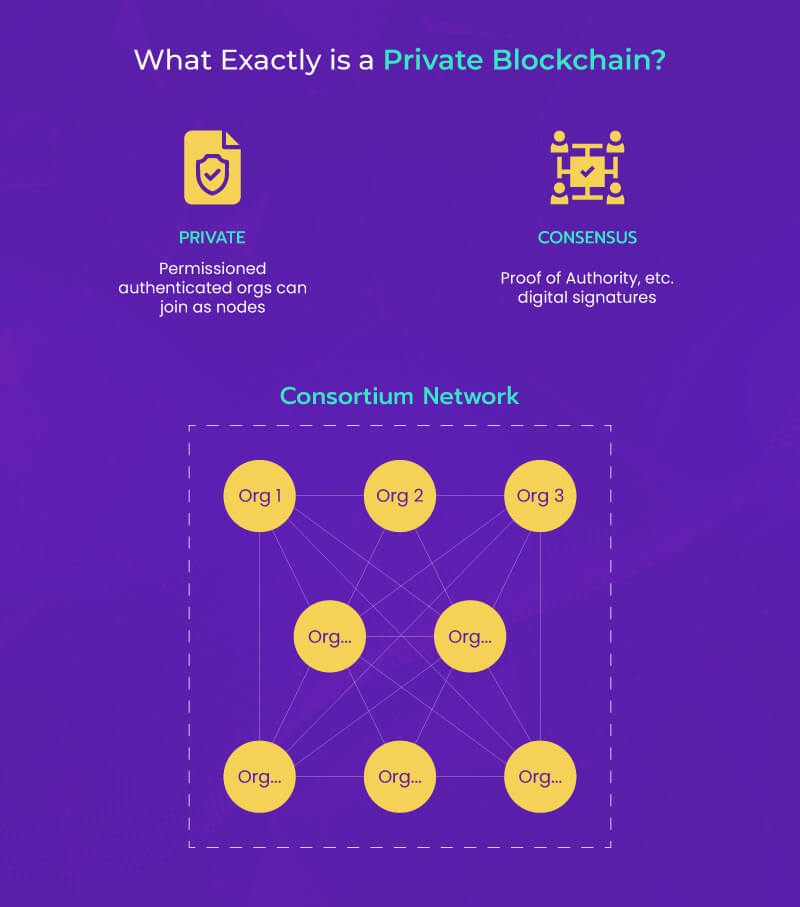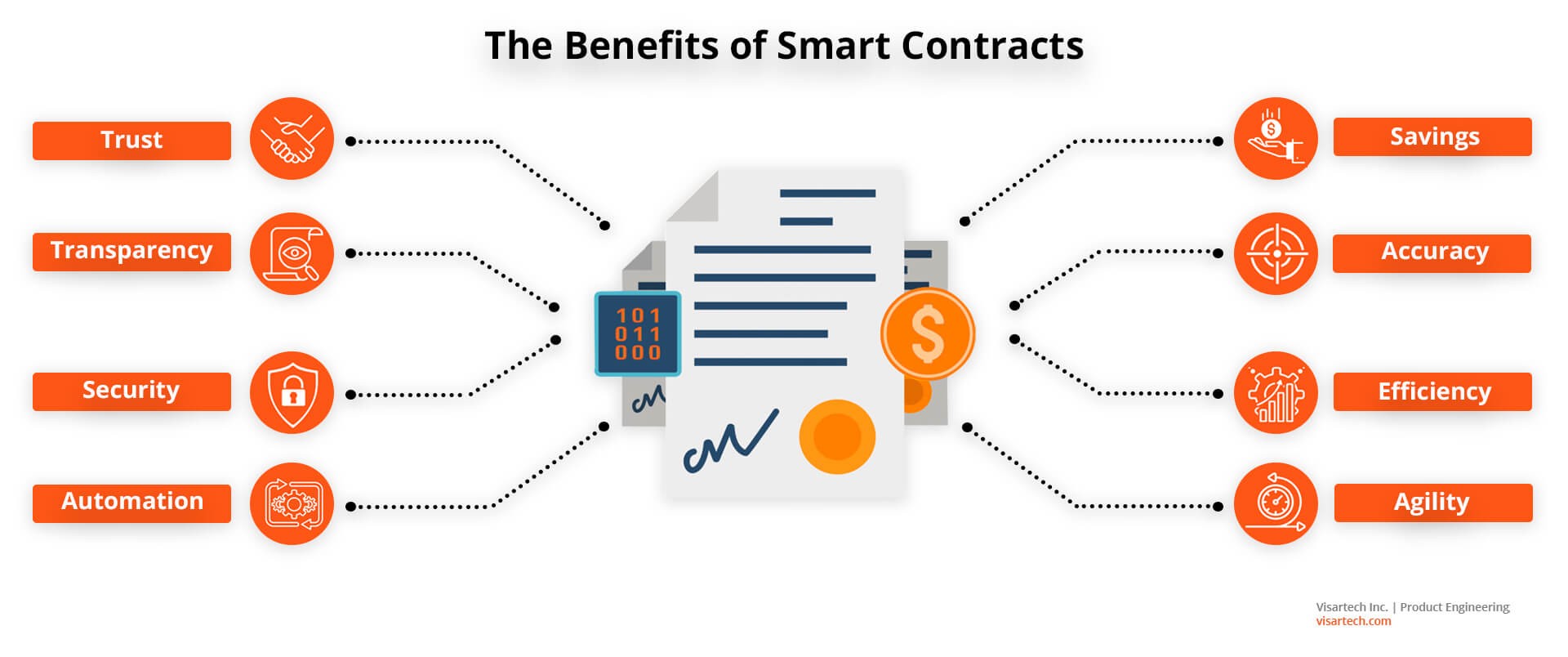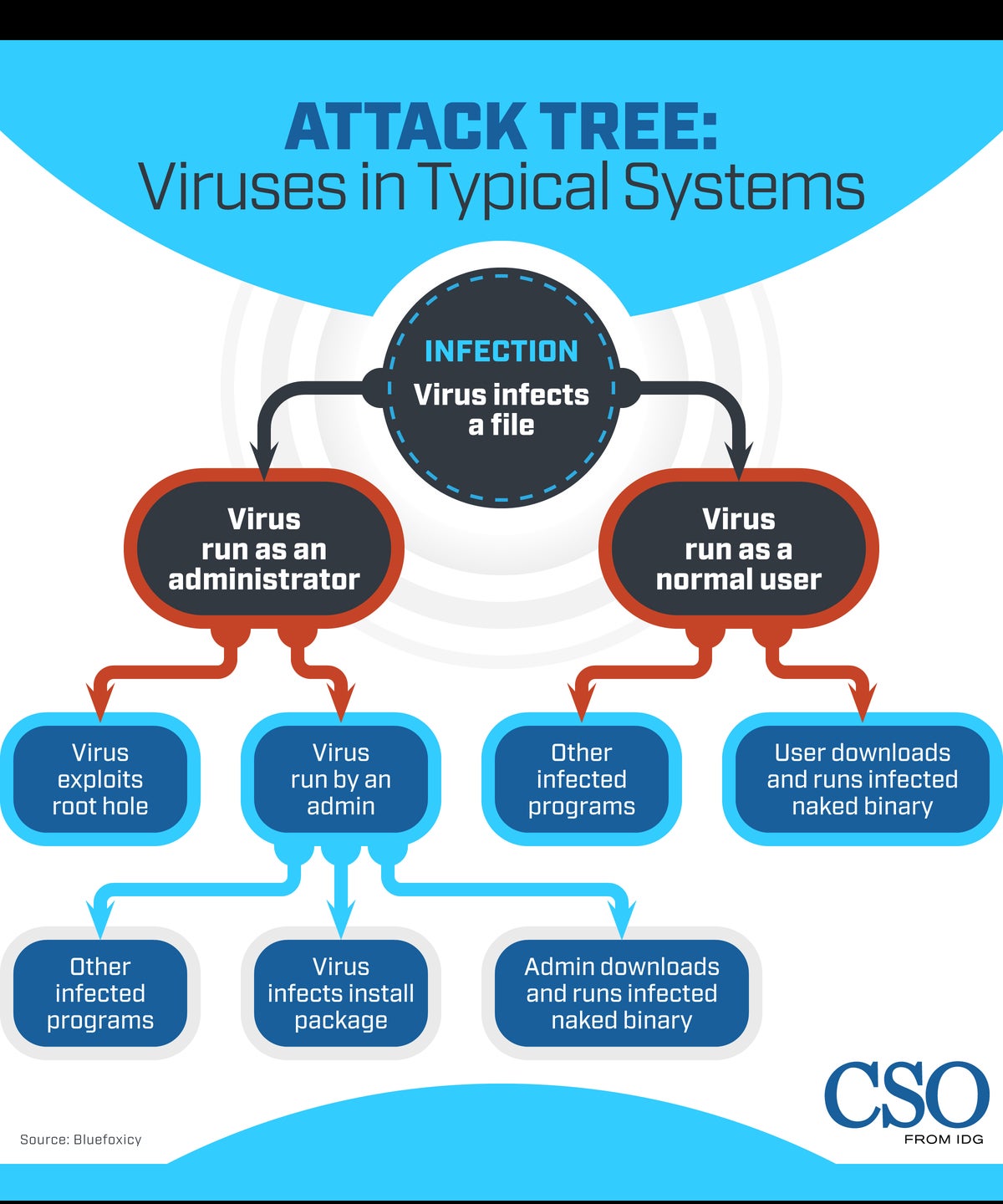
Ensuring Resilience: Navigating Through Comprehensive Security Audits
Security audits play a pivotal role in safeguarding digital assets and fortifying systems against potential threats. This article explores the significance of comprehensive security audits, their methodologies, and the proactive approach they bring to enhancing overall cybersecurity.
Understanding the Core of Security Audits
1. Proactive Defense Measures
Security audits are not merely reactive measures; they are proactive strategies designed to identify vulnerabilities before they can be exploited. By conducting thorough assessments of systems, networks, and applications, security audits empower organizations to address potential weaknesses before they become entry points for cyber threats.
2. Holistic Examination of Systems*
Comprehensive security audits go beyond surface-level evaluations. They involve a holistic examination of an organization’s entire digital infrastructure. This includes scrutinizing network configurations, analyzing software code for vulnerabilities, and assessing the effectiveness of access controls and authentication mechanisms.
Key Components of Comprehensive Security Audits
1. Network Security Assessment*
A critical aspect of security audits is evaluating network security. This involves examining the architecture of the network, identifying potential points of unauthorized access, and ensuring that firewalls and intrusion detection systems are configured to mitigate risks effectively.
2. Application Security Testing*
Security audits delve into the security of applications by conducting thorough testing. This includes identifying and rectifying vulnerabilities in web applications, mobile apps, and other software components to prevent exploitation by malicious actors.
3. Data Security and Privacy Checks*
Protecting sensitive data is paramount. Comprehensive security audits assess the security and privacy measures in place for data storage, transmission, and processing. This includes encryption protocols, data access controls, and adherence to privacy regulations.
Methodologies Employed in Security Audits
1. Vulnerability Scanning*
Security audits often begin with vulnerability scanning, which involves using automated tools to identify known vulnerabilities within a system. This initial step helps prioritize areas that require further investigation.
2. Penetration Testing*
Going beyond vulnerability scanning, penetration testing involves simulated cyber-attacks to assess how well a system can withstand real-world threats. This hands-on approach uncovers potential weaknesses that might not be apparent through automated scans alone.
Collaborative Approach in Security Audits
1. Involvement of Stakeholders*
Security audits are most effective when they involve stakeholders from various departments. Engaging IT professionals, developers, and business leaders ensures a comprehensive understanding of the organization’s security landscape.
2. Knowledge Sharing and Awareness*
Security audits contribute not only to identifying vulnerabilities but also to enhancing overall cybersecurity awareness. Knowledge sharing about best practices and potential risks empowers individuals within the organization to actively contribute to a culture of security.
Proactive Measures for Continuous Improvement
1. Regular Audits and Updates*
Security is an ever-evolving landscape. Regular security audits, coupled with prompt updates and patch management, ensure that an organization’s defense mechanisms stay ahead of emerging threats.
2. Adaptive Response to Emerging Threats*
Comprehensive security audits involve an adaptive response to emerging threats. By staying informed about the latest cyber threats and adjusting security measures accordingly, organizations can effectively mitigate risks in a dynamic environment.
Empowering Cybersecurity with Security Audits Resources
For a deeper exploration of comprehensive security audits and their role in fortifying cybersecurity, visit Security audits. This resource provides valuable insights, best practices, and the latest developments to empower organizations in securing their digital assets against evolving cyber threats.
In conclusion, comprehensive security audits are indispensable tools in fortifying digital resilience. By adopting a proactive approach, employing thorough methodologies, and fostering a collaborative and adaptive mindset, organizations can navigate the complex cybersecurity landscape with confidence. Embracing regular security audits is not just a practice; it’s a commitment to ensuring the ongoing protection of digital assets and the overall well-being of the organization.





















